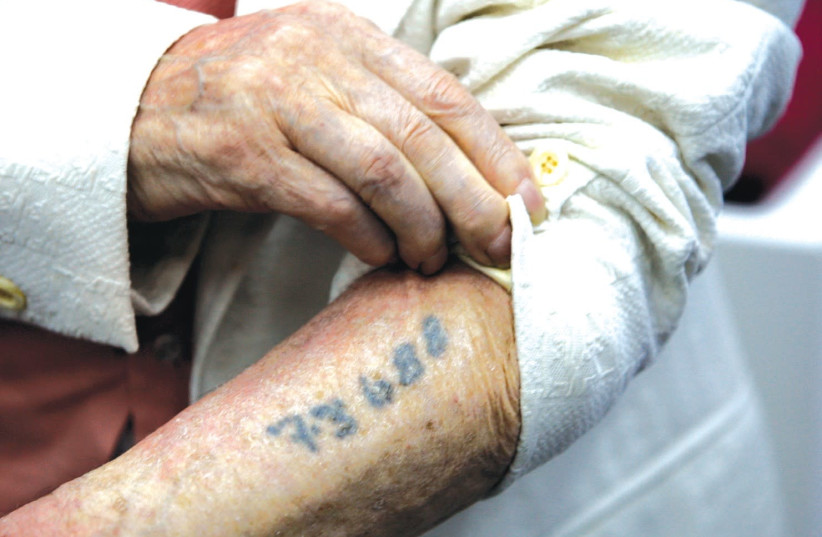As of 2023, 165,000 Holocaust survivors live in Israel. One in three live under the poverty line, despite governmental assistance. This figure is a tragic reminder of the ongoing impact of government failure and the need for continued support.
This is true during a period of high inflation in light of Israel’s rising cost of living. People have to select between paying for food or medical expenses. These situations highlight the crucial need for ongoing advocacy for increased financial assistance for Holocaust survivors in Israel to ensure they can live with dignity and security in their remaining years.
Irena Sendler is a figure who is accredited with saving thousands of Jewish children during the Holocaust. She famously highlighted the importance of taking immediate action to help those in need, “I was taught by my father that when someone is drowning, you don’t ask if they can swim, you just jump in and help.”
“I was taught by my father that when someone is drowning, you don’t ask if they can swim, you just jump in and help.”
Irena Sendler
The needs of Holocaust survivors are complex and ever-changing
Today, the needs of Holocaust survivors are ever-changing. Their resources are complex and multifaceted and require a comprehensive approach. NGOs play a vital role in addressing these needs, as they are often better equipped to respond to the unique and ever-changing needs of Holocaust survivors. However, ultimately, it is the government’s responsibility to ensure that the resources are available to meet the needs of Holocaust survivors since it is toilsome at their age to afford these services and programs independently. According to one NGO, this should include mobility aids installed in apartments, long-term nursing care and other essential services.

As survivors are now at an age where advocating for themselves is not enough, public awareness and advocacy are critical for ensuring that the government provides sufficient financial assistance for survivors. While globally, people learn about the Holocaust and the crimes against humanity committed against the Jewish people, we do not think about the daily struggles faced by survivors who are still alive.
We should have a token of appreciation for their contributions to the continued existence of the Jewish people and their role as witnesses to the Holocaust and also a demonstration of our commitment to helping marginalized communities and addressing injustices in our society. When we don’t learn how to help the people in our communities, how can we offer a hand to other civilizations that face injustices?
When we learn about the Holocaust and its atrocities, we must remember that there are still survivors today. These individuals are not just historical figures, they are our grandparents, neighbors and heroes. We must show compassion toward them by providing help and a higher quality of life. As a community, we have to ensure that Holocaust survivors are not forgotten and their needs are met.
This means ensuring they have access to the resources they need to live with dignity and security, without worrying about paying for basic needs, such as food and medical bills. It means creating an environment where they can focus on spending time with their loved ones rather than struggling to make ends meet.
The writer is a student in social work at Bar-Ilan University.
